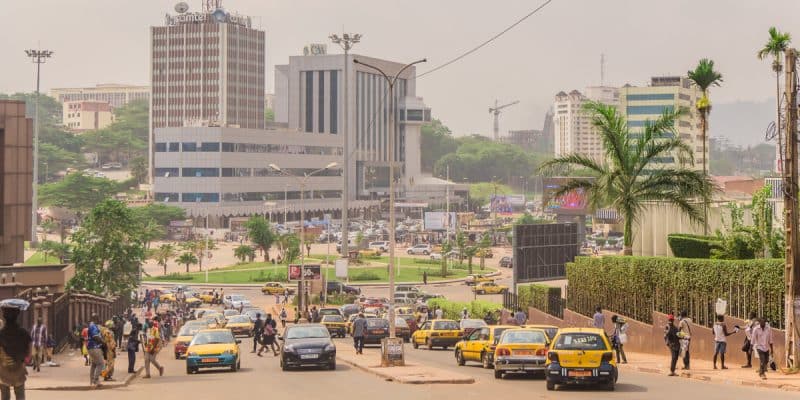According to a study carried out on a sample of 1,200 Cameroonians, more than half of them think that the government's efforts to combat climate change are unsatisfactory. This is hardly surprising, given the accelerated cutting of trees in the forests and the ever-increasing use of plastic, and is a cause for concern about the harmful effects of climate change.
A report was recently released on Cameroonians’ impressions of climate change. The document produced by the think tank Afrobarometer reveals that 56% of the population surveyed consider the government’s response to the climate crisis to be unsatisfactory. Yet, as the document reveals, everyone is affected by climate change. Dissatisfaction with Cameroon’s public policy to combat climate change is partly a result of the environmental crimes that continue to be perpetrated on the ground and specifically in Cameroon’s forests.
Deforestation tops the list of environmental problems affecting the study population, followed by waste management and plastics, according to the report.
For Ranece Jovial Ndjeudja, head of the forestry campaign at Greenpeace Africa, “the issue of climate change and environmental protection is not yet sufficiently regular in Cameroon. However, even if people are not sufficiently informed, they feel the effects and are asking for concrete actions to be taken. This implies action at the individual level, particularly in the fight against plastic pollution, but also at the state level, with, among other things, the adoption of adequate policies and laws and the implementation of concrete actions at a national or even regional and local level.
Read also-CAMEROON: Camvert and the forest peril in the Congo basin
Furthermore, “the government of Cameroon must necessarily go beyond speeches and put an end to deforestation,” he adds. The environmental activist is referring to the Cameroonian government’s role in deforestation projects such as Camvert. This is a project to develop the largest palm grove in Central Africa, which is expected to swallow up 50,000 hectares of forest, the equivalent of three times the Cameroonian capital Yaoundé in area.
Boris Ngounou







